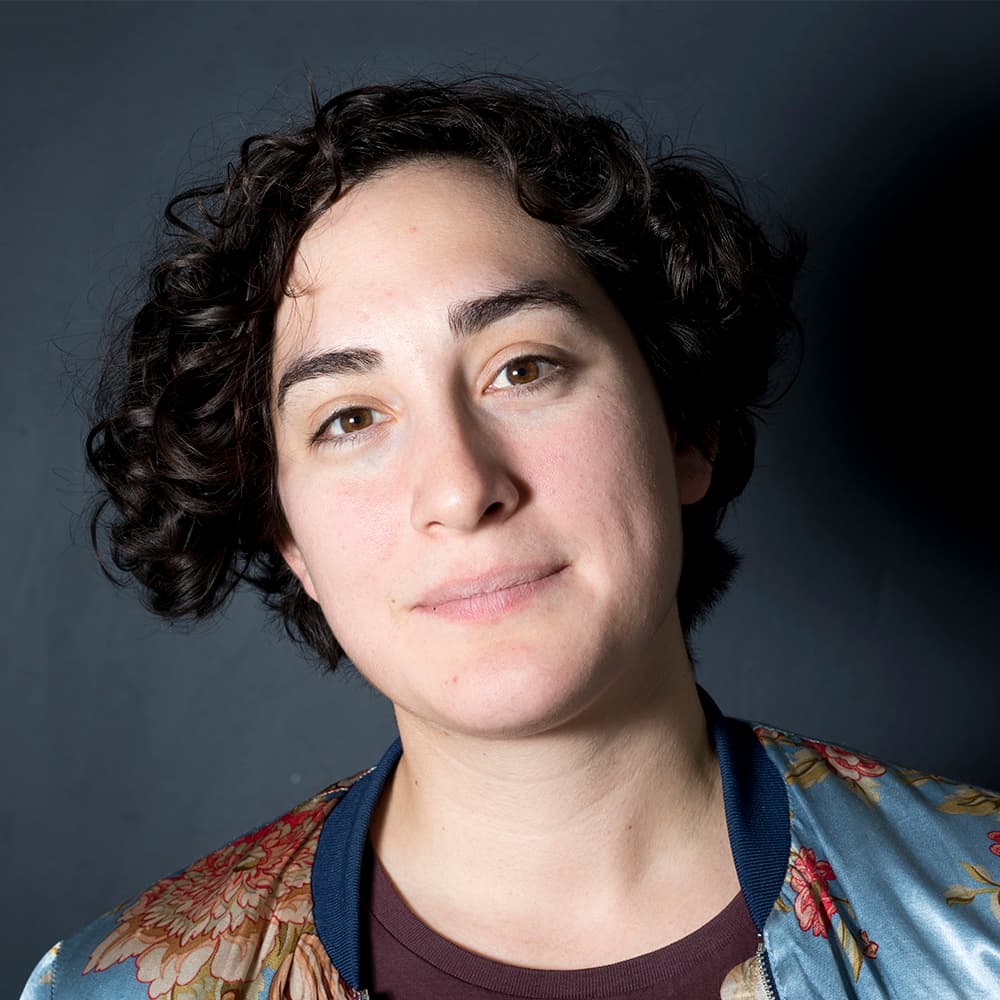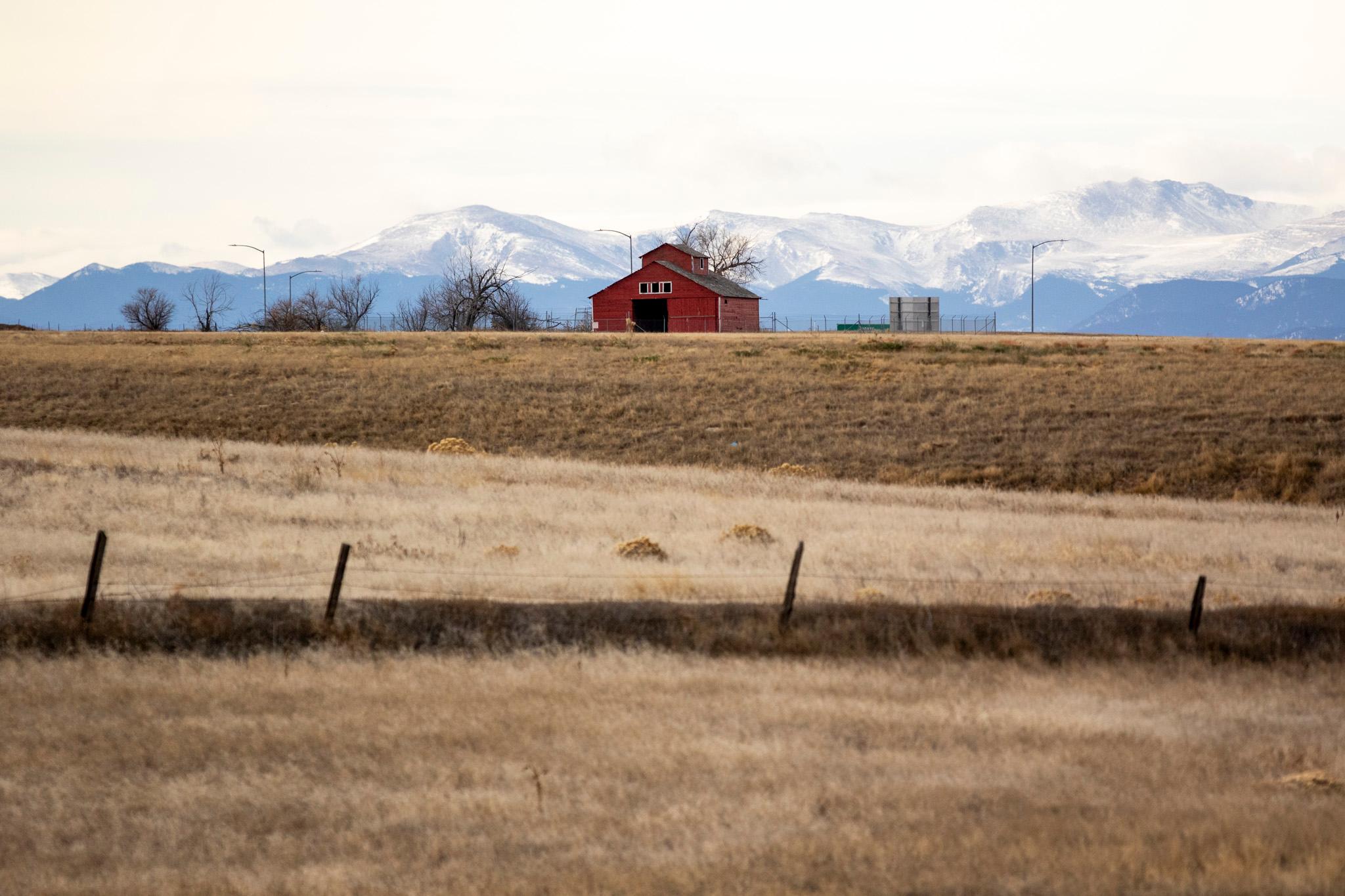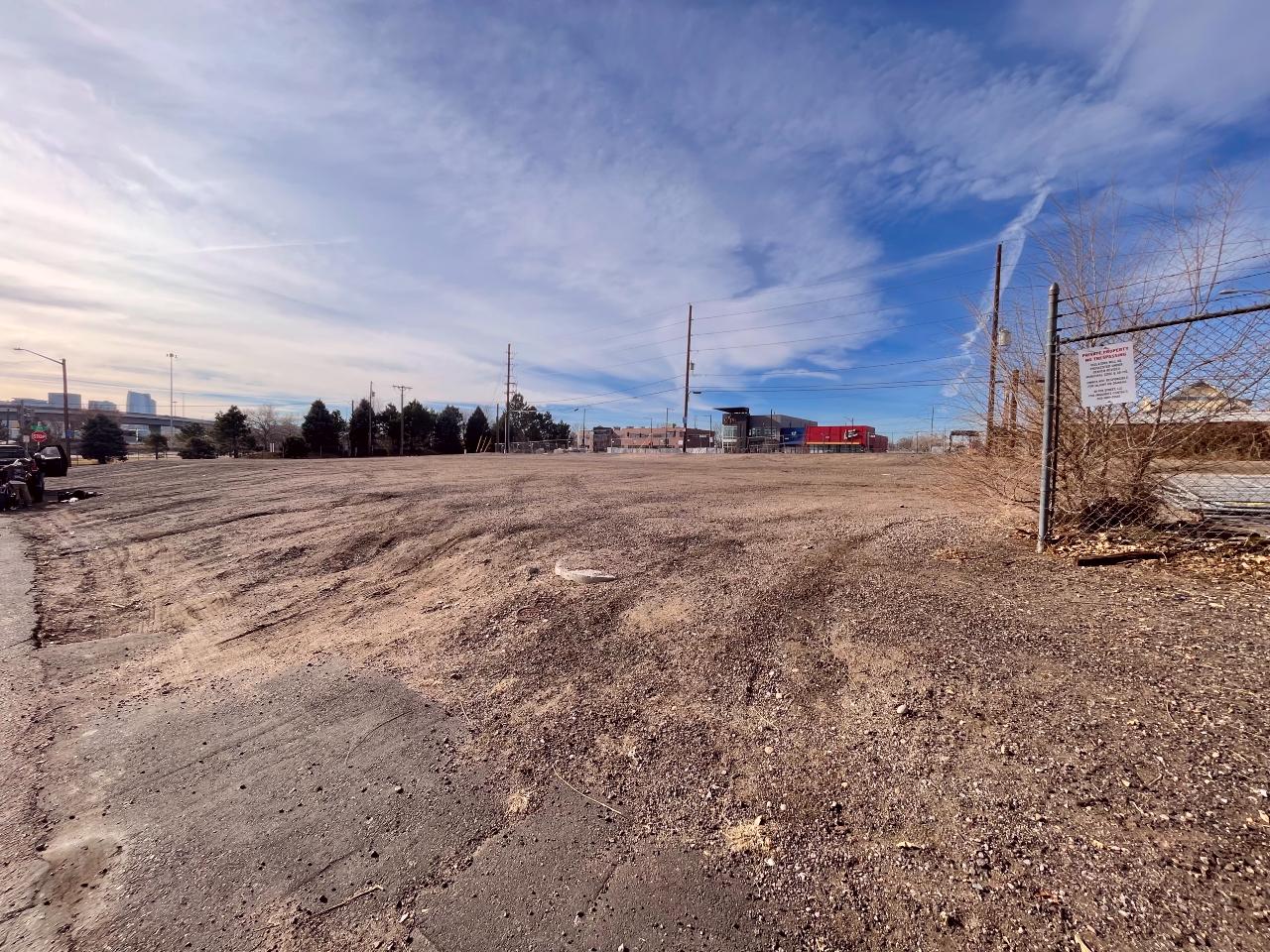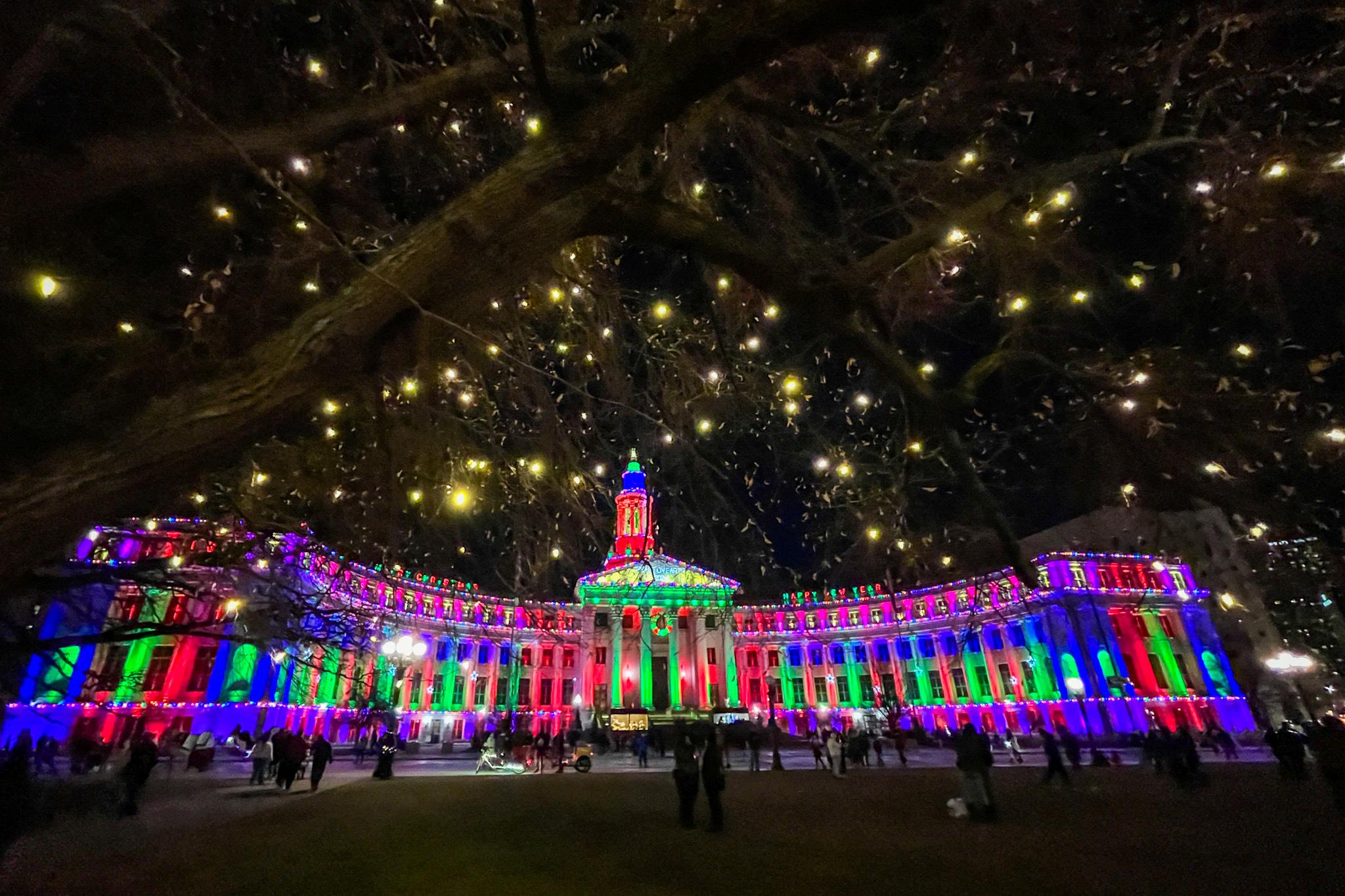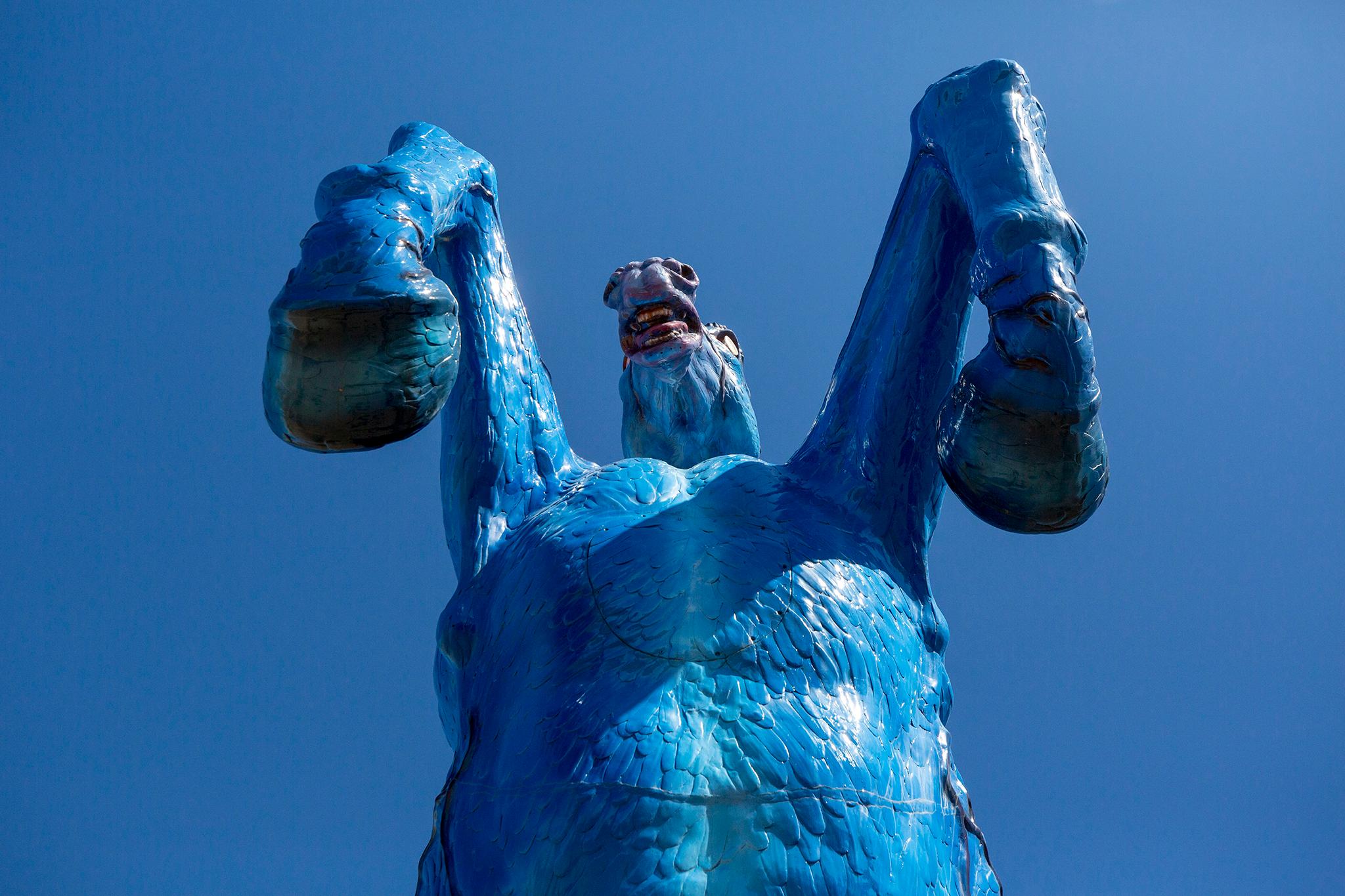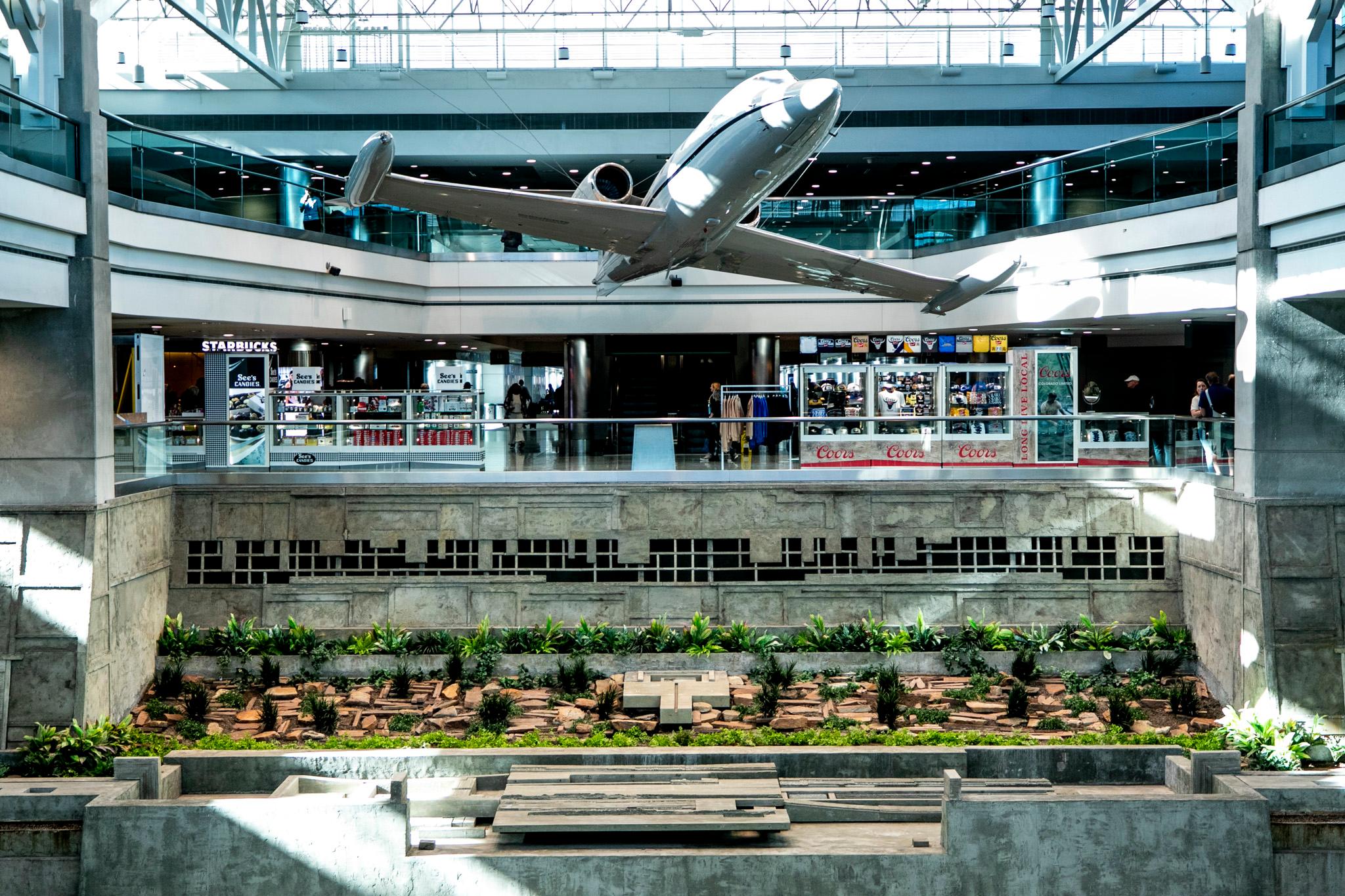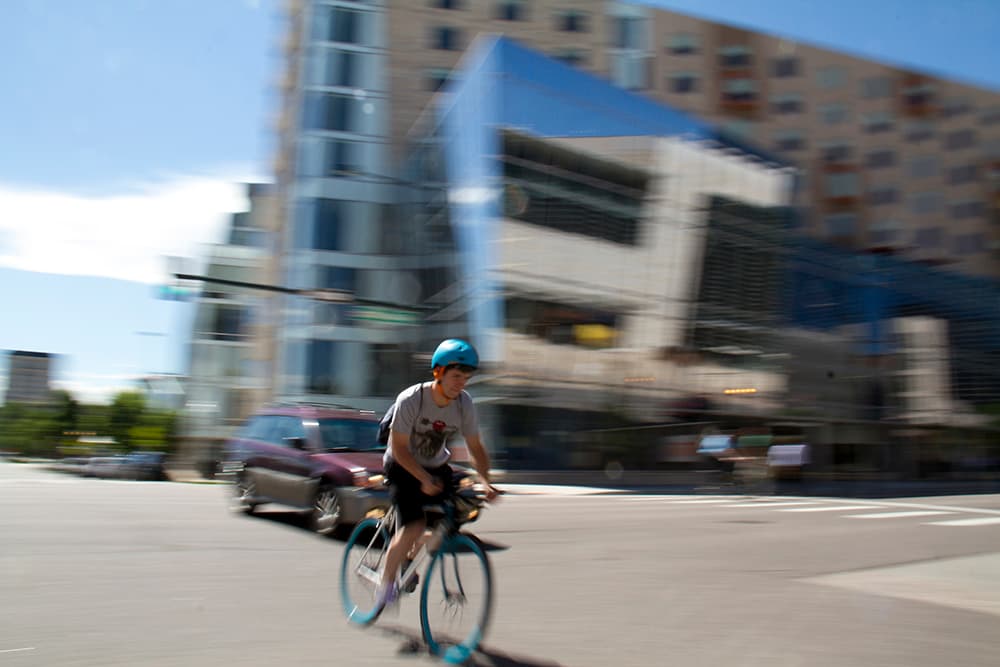
One week into his new job, Bike Denver Executive Director James Waddell isn't ready to commit to any long-term goals since he's still getting up to speed. That doesn't mean he's without opinions though.
"I just don't like to come across as a self-righteous, spandex-clad, 'bikes are the solution to every problem in the world and we're saving the planet one trip at a time,'" Waddell said. "I'm like yeah, maybe, but maybe I just want to go on my bike because I don't want to drive my car today."
Waddell has definitely driven plenty -- at his last job as Executive Director at Boulder B-cycle, he had a 70 mile round-trip daily commute. Still, he managed to take the bus and use B-Cycle during that time.
"I feel like as long as we can make sure that we're part of the multi-modal conversation, I think we're going to stand a better chance working with the whole movement of multi-modal," he said.
More of Waddell's perspective on biking below. Answers were edited for clarity and length.
Of the four different parts of Bike Denver's mission --advocacy, education community and consulting--which is the most personally exciting to you?
"I think the advocacy piece tends to fall at the top. Not just because of alphabetical order, I think that that is what what we need to be first and foremost because a city like Denver is going through a lot of pressure right now. There's a lot of pressure on public works and all those agencies."
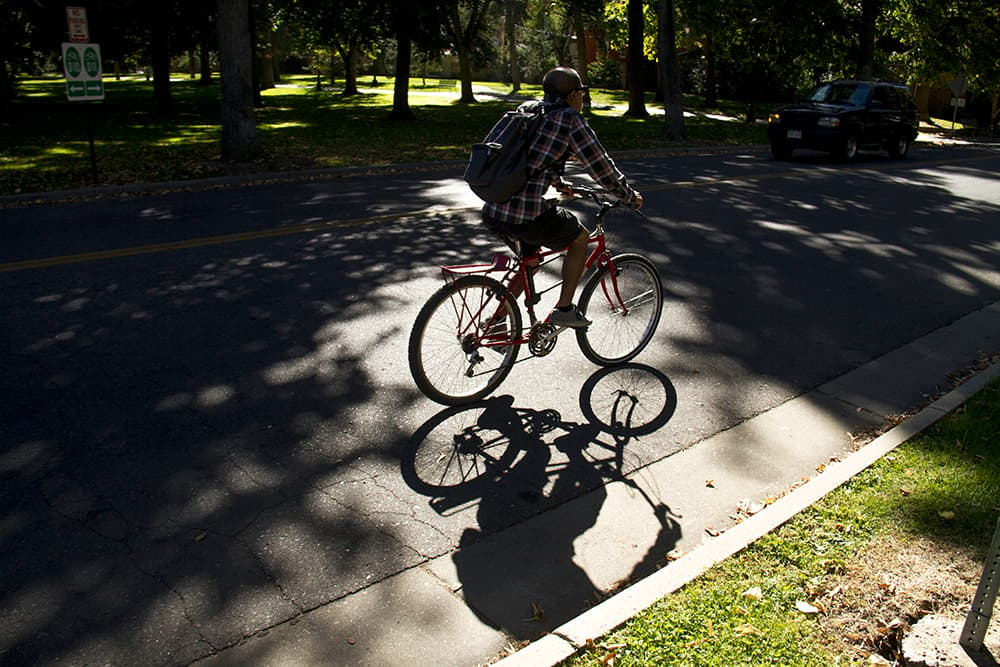
There certainly is a lot of change happening in Denver right now. Which change do you think will most affect Bike Denver's mission?
"I think it all comes back to land use. As cities get denser and denser, fight over public space and right of way becomes even more intense. I think we really have to make sure that biking infrastructure is part of the conversation. I don't know that we can always make sure that biking infrastructure gets implemented, but I think we need to at least be part of the conversation there at the table with the folks who are making those decisions as early as possible."
What else can you say about Bike Denver's focus?
"We're not just focusing on the easy wins, which is what small non-profits tend to do because you've got to have some results to justify your existence. But I think we probably stand to be more effective in the long-term and be more valuable to the community and the people who are supporting the idea of Bike Denver if we are in fact trying to make sure that everybody has a voice and we're not leaving certain parts of town and certain parts of the community out."
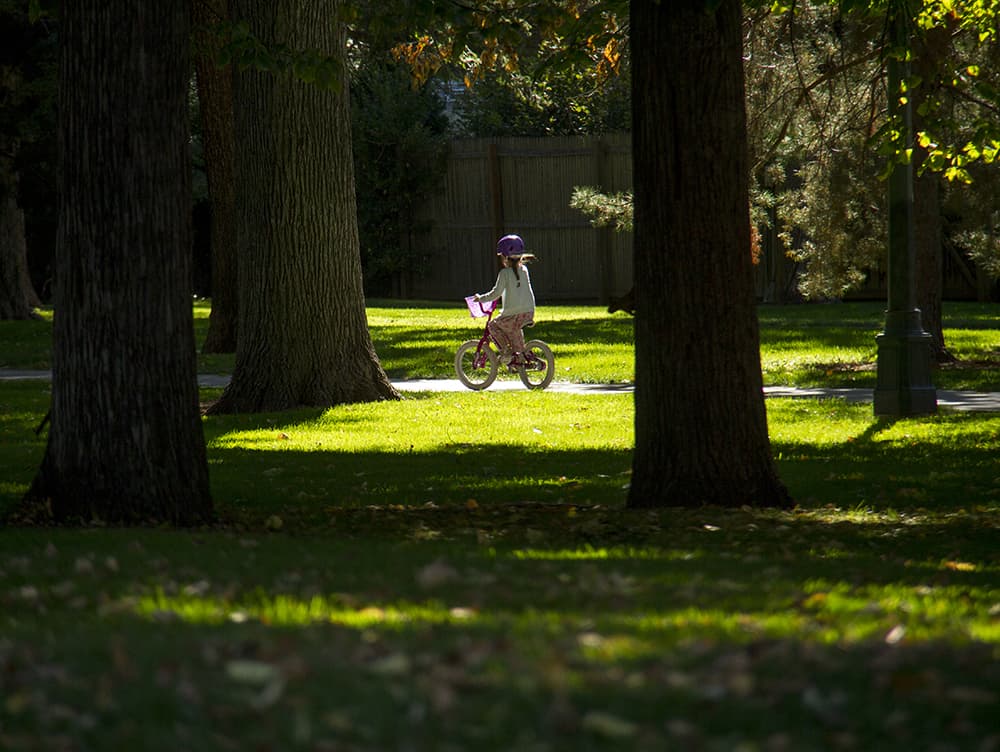
Is there a specific group of people that you're hoping to speak to more directly?
"Sometimes I think people get hung up on one or two elements of diversity. But I lived in Five Points for 12 years, and there is a whole different range of diversity, from economic diversity to ethnic diversity, racial diversity, social diversity. It's not like oh we need to see more people of color on bikes, that's where people might tend to go, which we certainly support that, but I think that again, we don't want to be narrow focused when we're talking about that."
What have you learned from previous jobs working local bicycle issues that you'd like to apply at Bike Denver?
"I operated in Boulder for four years, which is you know, the People's Republic. It's alive and well and there is a tendency to often seek 100 percent consensus before moving forward with anything. In the dream world, that's kinda what you'd shoot for and you can try to get there, but in reality, there are times where decisions need to be made that are not always going to be received well by everybody. And there are times where you have to start with the leadership to make something happen."
What do you hope Bike Denver becomes known for?
"I want us to be known for what we do and that we do it really really well."
